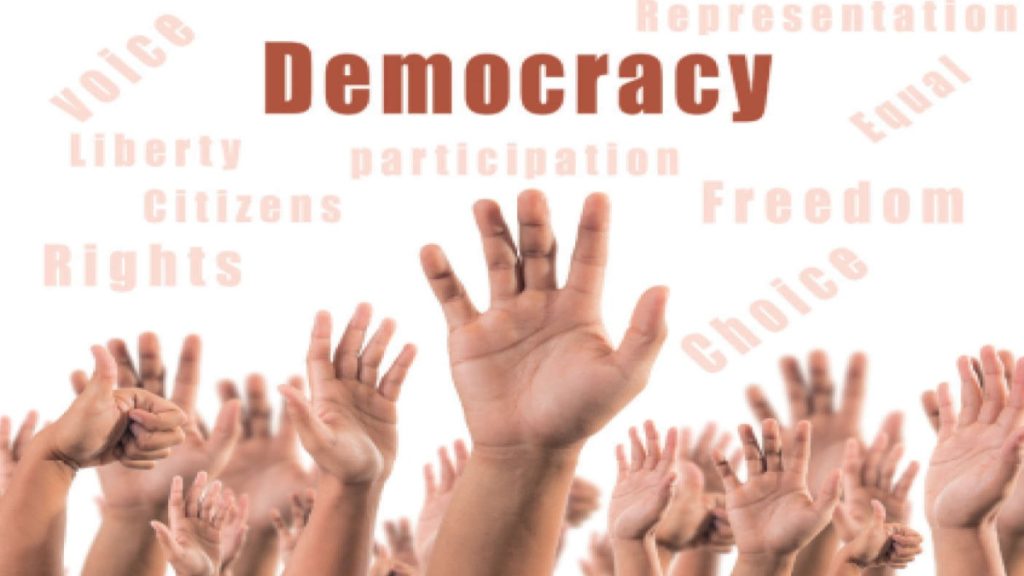In the annals of history, the clash between dictatorship and democracy has been an enduring struggle, a battle for the very essence of freedom. These two systems of governance stand at opposite ends of the spectrum, each vying for the loyalty and allegiance of nations. Yet, beneath the surface, lies a profound clash of values and ideals that shapes the destiny of societies. Dictatorship, characterized by a concentration of power in the hands of a single ruler or a small group, presents an alluring promise of stability and efficiency. Strong leaders, unburdened by the constraints of democratic processes, can swiftly enact decisions and drive progress. The appeal of swift action in times of crisis is undeniable. However, it is this very concentration of power that poses the greatest threat to individual liberties and the fundamental rights of citizens.

In contrast, democracy, the system built on the principles of popular sovereignty and individual freedoms, offers a platform for the voices of the people to be heard. It champions equality, inclusivity, and the protection of human rights. Democracy recognizes that power must be diffused, ensuring checks and balances through independent institutions, a free press, and an empowered civil society. While this system may sometimes appear slow and cumbersome, its strength lies in its ability to accommodate diverse opinions and foster social cohesion.
The battle between Dictators and democracy is not merely an ideological debate; it is a struggle that shapes the destiny of nations. Dictatorships often stifle dissent, suppressing free speech and silencing opposition. They control the media, manipulate information, and curtail civil liberties. The absence of a robust system of accountability and the rule of law allows leaders to act with impunity. History has shown that unchecked power can lead to gross human rights abuses, economic mismanagement, and the erosion of societal values. On the other hand, democracies are not immune to challenges. The competing interests of various groups can result in gridlock and policy paralysis. Corruption and vested interests can undermine the integrity of democratic institutions. However, the beauty of democracy lies in its ability to self-correct.
Free and fair elections provide a mechanism for peaceful transitions of power, enabling citizens to hold their leaders accountable. Through a vibrant civil society, independent media, and a system of checks and balances, democracies can address their shortcomings and foster continuous improvement. While the battle between dictatorship and democracy persists, the yearning for freedom and the inherent human desire for self-determination remain powerful forces. History has witnessed the fall of many dictatorial regimes as the yearning for liberty prevails. The struggle for democracy, though often arduous and protracted, serves as a testament to the indomitable spirit of individuals who refuse to accept oppression and fight for their rights.